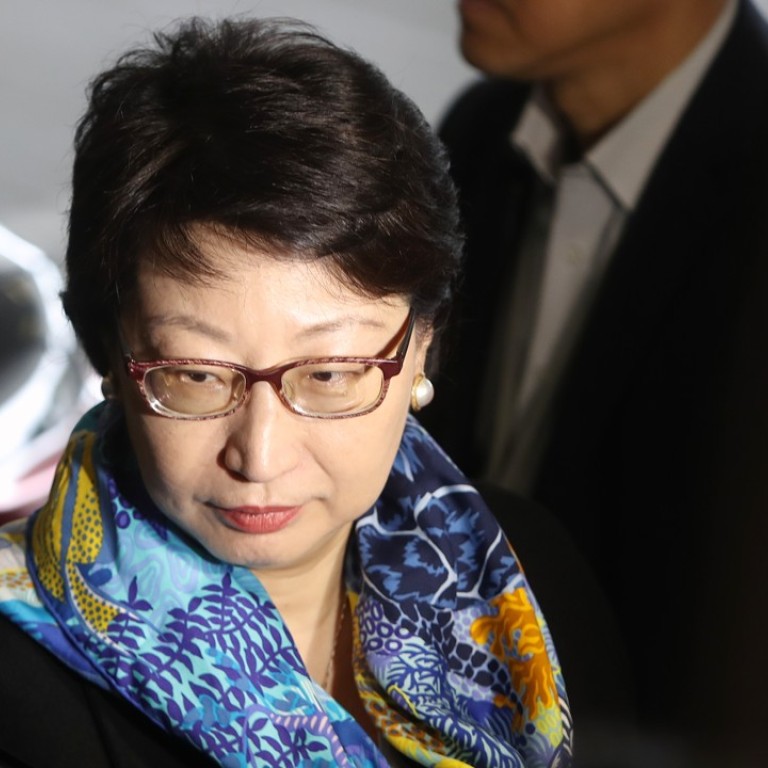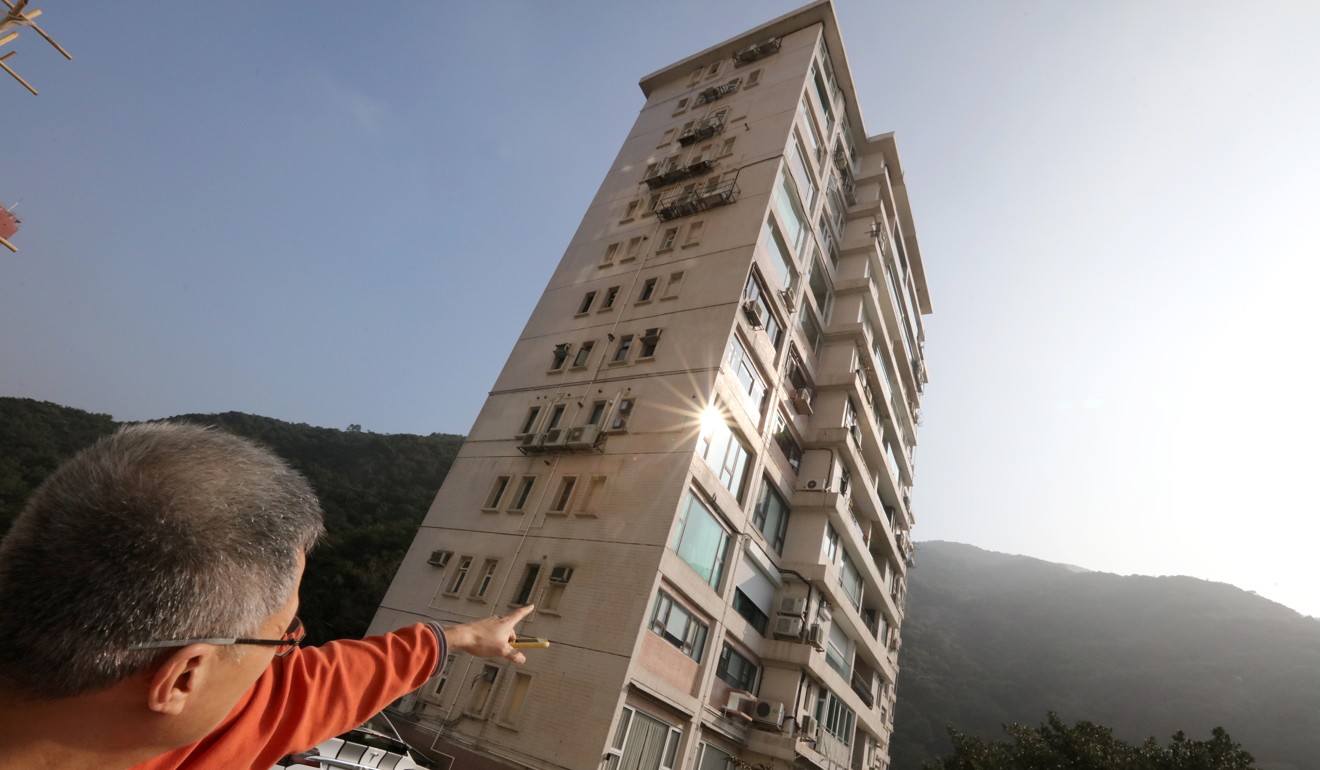
Hong Kong justice chief Teresa Cheng should have withdrawn from all unfinished arbitration work, sector veterans say
Post also learns embattled official gained government exemption to work on six ongoing cases citing their near completion as justification
Hong Kong’s freshly appointed justice minister should have withdrawn from all unfinished arbitration cases before assuming her new duties, sector veterans have said, arguing it would be hard to convince the public no conflict of interest existed.
Most of the legal professionals – each requesting anonymity over the sensitive issue – said they did not see any actual conflicts. However, they believed the public might form a “different view” about Cheng, who could be handling two roles the next few months.
Teresa Cheng must not remain blind to Hong Kong people’s high expectations of government officials
“[The public] may think she is spending Hong Kong taxpayers’ money on other people’s business,” a prominent arbitration figure said. Others cited worries that the ties she formed with the law firms involved in the six cases could pose challenges of impartiality as the city’s top justice official.
Industry leaders held mixed views on her integrity and how the scandal would affect the city’s arbitration landscape. While some concluded the controversy had inflicted a personal blow, others said it could create a ripple effect spreading across the sector.
Not for Hong Kong justice chief to decide if ousted lawmakers can run in by-elections, pan-dems say
On Friday, the Buildings Department confirmed the existence of unauthorised structures at Cheng’s properties separate from the ones found in Tuen Mun. Three “actionable” structures and seven “non-actionable” ones were identified at Cheng’s flat in Repulse Bay and two units in Sha Tin.
In another move that raised eyebrows, the government announced a week after Cheng took office that it would give her permission to carry on her arbitration work in the six cases. Allowing high-ranking officials to take part-time jobs is rare.
An insider told the Post he did not think conflicts of interest would arise in the arrangement, nor did he think the remaining cases would be affected just because Cheng had assumed an additional role.
He said in most cases involving a senior arbitrator there were usually three people working, thus limiting an individual’s influence.

“But most people aren’t lawyers,” he noted of public perception. “Nor do they know a lot about arbitration.” Their concern would be Cheng’s moonlighting during her office hours, he added.
The profits Cheng would make from the cases would go to charity, the government stated earlier. Nevertheless, the insider said: “The perception could be misleading.”
He believed the justice minister should not have remained involved in the six cases.
If you have illegal structures, how can you adjudicate others in property rights?
One arbitrator said he understood why Cheng insisted on staying involved, saying she had a duty to the party that had appointed her. He explained that starting a case over again would cost time and money for the party seeking arbitration if Cheng suddenly withdrew at the very end.
But three of four leading arbitration figures the Post contacted believed Cheng should have withdrawn from the cases.
Some sources said they knew Cheng to be involved in other cases and had withdrawn from one that was also at a late stage.
As for the matter of integrity, one source described this quality as one of the most important for an arbitrator to possess.
“If you have illegal structures, how can you adjudicate others in property rights?” he asked, adding that Cheng had brought disrepute not only to the city’s arbitration industry but to the local barristers body, of which she is also a member.
The controversy surrounding Cheng’s illegal structures and her unfinished arbitration work were mentioned two weeks ago in the Global Arbitration Review, a news website read by arbitrators around the world.
Neighbours ‘dragged into’ illegal structures scandal of Hong Kong justice chief Teresa Cheng
“News spread quickly,” he said.
One said having illegal structures did not amount to a problem of integrity.
Another said the scandal might affect Cheng if she rejoined the arbitration business in the future, but it would not taint the city’s image.
The justice minister has insisted that the illegal structures already existed when she bought her properties. She did not respond to the Post’s request for comment on this story.

